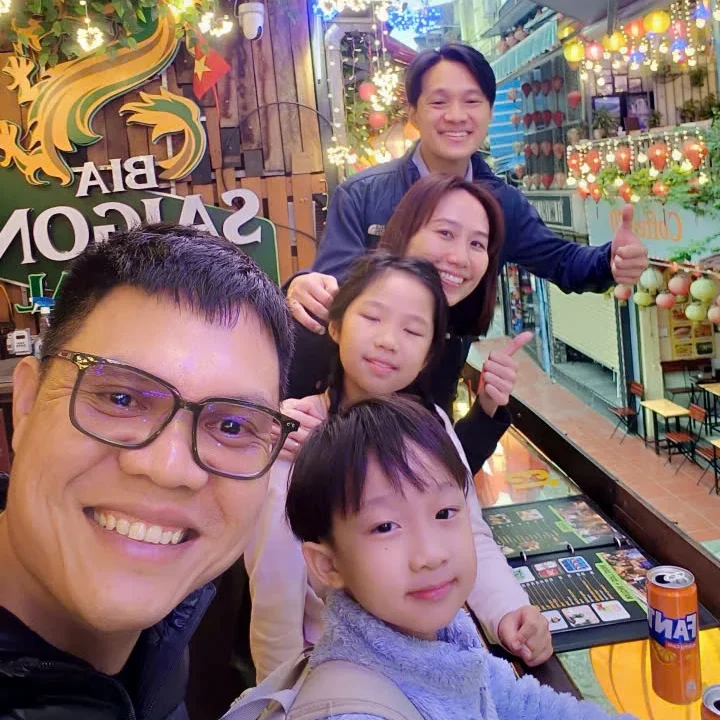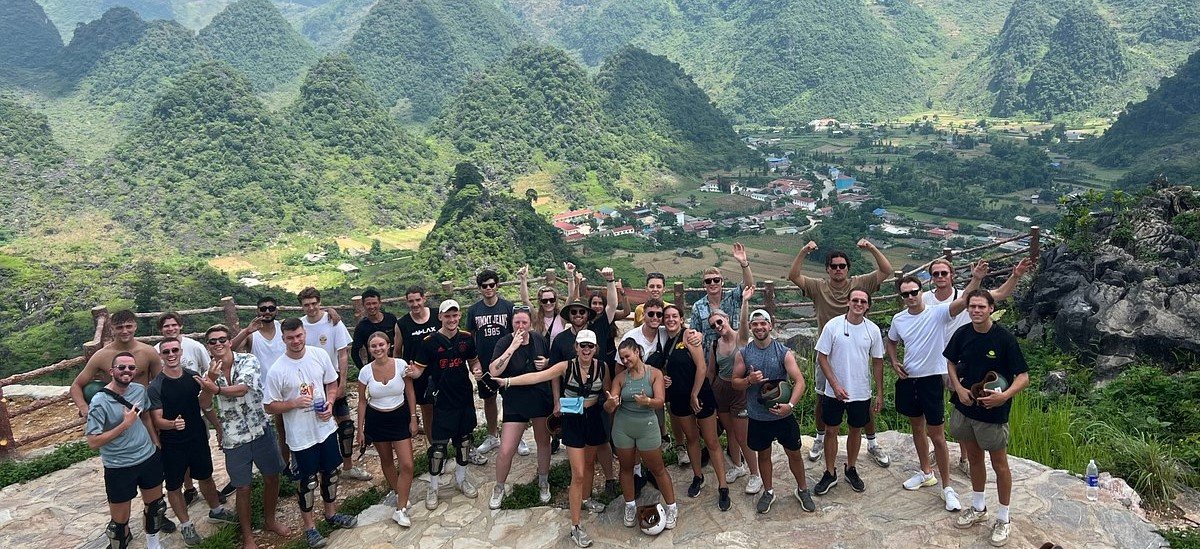Understanding the Vietnamese Concept of Face: The Delicate Balance
The Vietnamese concept of face is a cornerstone of the country’s social interactions, deeply rooted in Confucian traditions and Asian cultural values. Known as “giu mat,” maintaining or saving face is a way of preserving honor, respect, and dignity in personal and professional relationships. It shapes behavior, communication, and etiquette, making it essential for anyone seeking to understand Vietnamese social etiquette.
In this article, we’ll explore the intricacies of saving face in Vietnam, its significance in daily life, and how foreigners can navigate this delicate cultural balance.
What Does “Face” Mean in Vietnam?
Defining the Concept of Face
In Vietnam, “face” represents an individual’s social image and reputation within a community. This Vietnamese concept of face is closely tied to how others perceive one’s character, actions, and relationships. As a result, losing face, or causing someone else to lose face, can result in shame, damaged relationships, and a loss of respect.
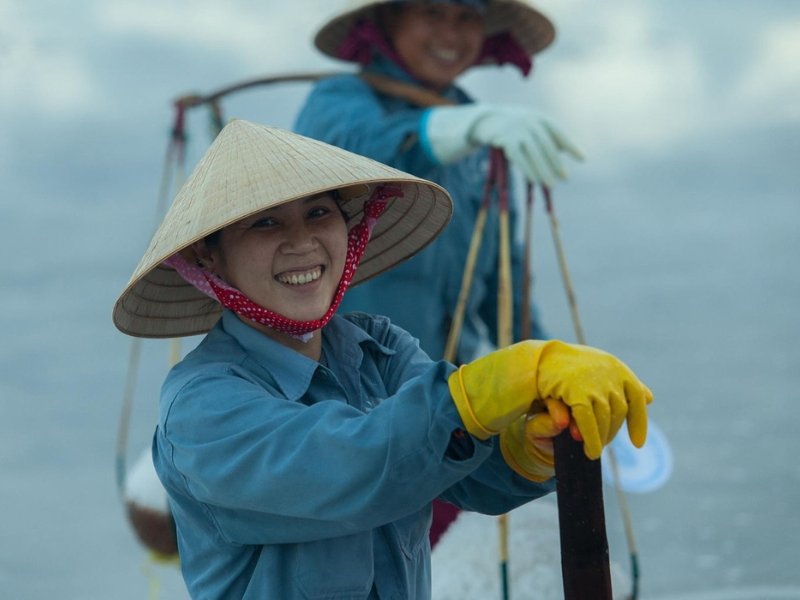
Positive and Negative Face
The concept of face has two dimensions:
- Positive Face: Gaining respect, admiration, and recognition from others.
- Negative Face: Avoiding embarrassment, shame, or public criticism.
Both aspects are crucial in Vietnamese social interactions, as they reflect one’s social standing and harmony within a group.
🇻🇳 Celebrate the Lunar New Year like a local! Learn more about the Vietnamese Tet Holiday!
The Cultural Roots of Face in Vietnam
Influence of Confucianism
Confucian principles play a significant role in shaping the Vietnamese concept of face. Values like filial piety, respect for elders, and group harmony emphasize maintaining dignity and avoiding conflict.
Collectivist Society
Vietnam is a collectivist society where the group’s well-being often outweighs individual desires. Protecting one’s face and that of others is vital for preserving harmony within families, workplaces, and communities.
🇻🇳 Uncover the historical and cultural significance of Vietnamese Temples & our Vietnamese etiquette guide.
How Saving Face Shapes Vietnamese Social Etiquette
Indirect Communication
Vietnamese people often communicate indirectly to avoid confrontation or embarrassment. Instead of outright refusals, they may use vague responses like “Let me think about it” to preserve face.


Importance of Politeness
Politeness is a hallmark of Vietnamese social etiquette. In fact, the Vietnamese concept of face is deeply intertwined with the use of compliments, humility, and kind words to uplift others and maintain positive relationships.
Explore: Unveiling Vietnamese Culture: Traditions, Etiquette & Festivals for Travelers
Avoiding Public Criticism
Criticizing someone publicly is considered a serious breach of etiquette, as it can cause them to lose face. Feedback is usually given discreetly to avoid embarrassment.
🇻🇳 Be enchanted by the magical world of Vietnamese Water Puppetry.
Face in Vietnamese Family and Relationships
Family Honor
In Vietnam, an individual’s actions reflect their family’s reputation. Furthermore, this is deeply rooted in the Vietnamese concept of face, where achievements bring pride to the family, while missteps can lead to collective shame.
Saving Face in Relationships
Maintaining face is critical in romantic and social relationships. Disputes are often resolved privately to avoid public humiliation.
Face in Vietnamese Business and Professional Settings
Building Trust Through Face
In business, saving face is key to building trust and long-term partnerships. Indeed, the Vietnamese concept of face, which emphasizes honor, dignity, and reputation, is deeply ingrained in business interactions. Therefore, honoring commitments, showing respect, and valuing relationships are essential.
Gift-Giving and Face
Gift-giving is a common way to show respect and maintain face in Vietnam. However, the choice of gift and how it is presented can significantly impact its meaning.
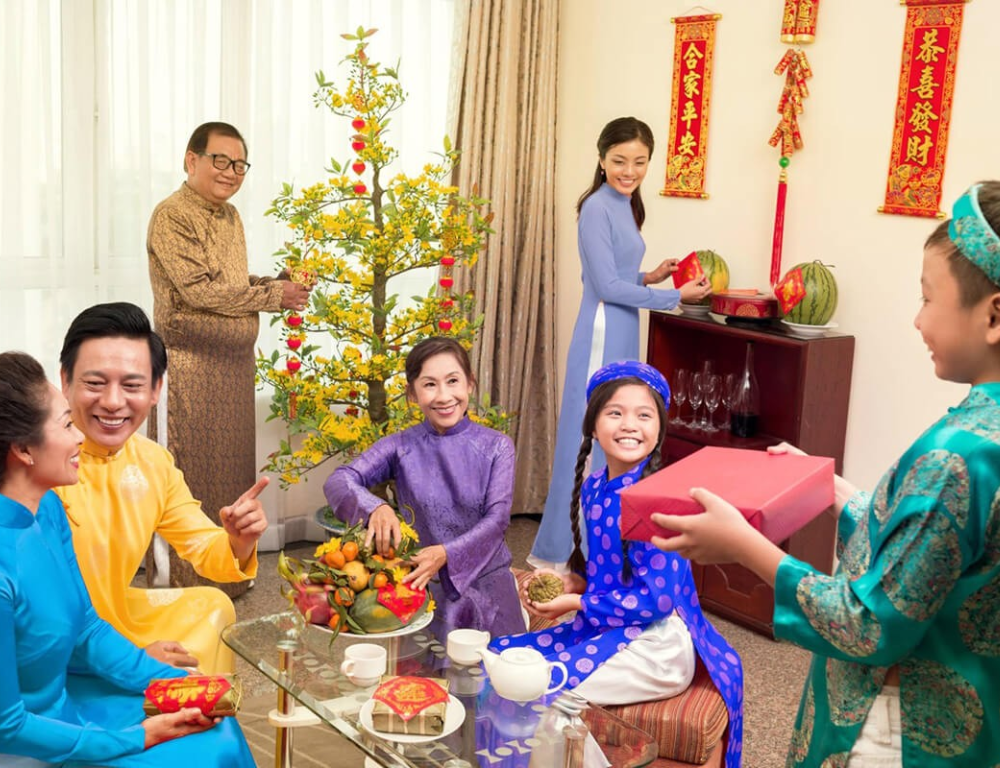

Conflict Resolution
Disputes in professional settings are handled tactfully to avoid damaging reputations. Mediation and compromise are preferred over confrontation.
🇻🇳 Appreciate the beauty and elegance of Vietnamese Calligraphy!
Common Scenarios Involving Face in Vietnam
Refusing Offers
When refusing an offer or invitation, Vietnamese people often use indirect language to avoid offending the other person.
Receiving Compliments
Humility is a valued trait in Vietnam. This is evident in the Vietnamese concept of face, where preserving one’s dignity and avoiding arrogance is paramount. When receiving compliments, people may downplay their achievements to maintain modesty.
Apologies and Face
Apologizing sincerely is crucial for restoring face after a mistake. Public apologies may be necessary in some cases to repair relationships.
📸 Immerse yourself in Vietnam’s captivating culture. From ancient temples to vibrant festivals, there’s something for everyone. | Contact us via WhatsApp or follow Sun Getaways Travel Fanpage for personalized trip planning. Or follow these posts to explore the cultural wonders of Vietnam:
How Foreigners Can Navigate the Concept of Face in Vietnam
Understanding Cultural Nuances
For foreigners, grasping the Vietnamese concept of face is essential for building meaningful connections. Simple gestures, like showing respect and avoiding direct criticism, can go a long way.
Adapting Communication Styles
Learning to communicate indirectly and with sensitivity helps avoid misunderstandings. Phrases like “I see your point” or “That’s an interesting idea” can soften disagreements.
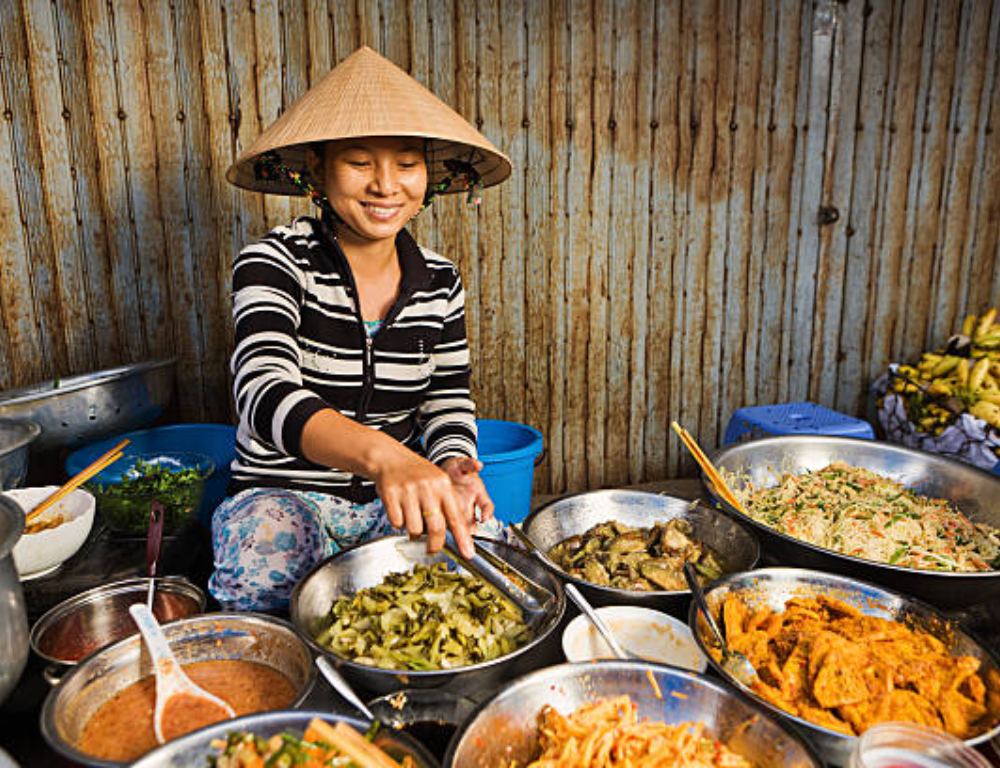

Respecting Hierarchies
Respecting age and authority is an integral part of Vietnamese social etiquette. Acknowledging these hierarchies reflects cultural awareness and builds rapport.
🇻🇳 Gain a deeper understanding of Vietnamese family values and traditions.
Challenges of Saving Face in Modern Vietnam
Balancing Tradition and Modernity
As Vietnam modernizes, the younger generation is increasingly exposed to Western individualism. This shift sometimes challenges traditional notions of face, particularly in urban areas. Nevertheless, the Vietnamese concept of face is gradually evolving to accommodate new societal values and expectations.
Conflict Between Personal and Social Expectations
Maintaining face can create pressure to conform to societal norms, even when they conflict with personal values or goals.
Practical Tips for Saving Face in Vietnam
1. Practice Empathy
Understanding the emotions and perspectives of others helps prevent actions that might cause loss of face.
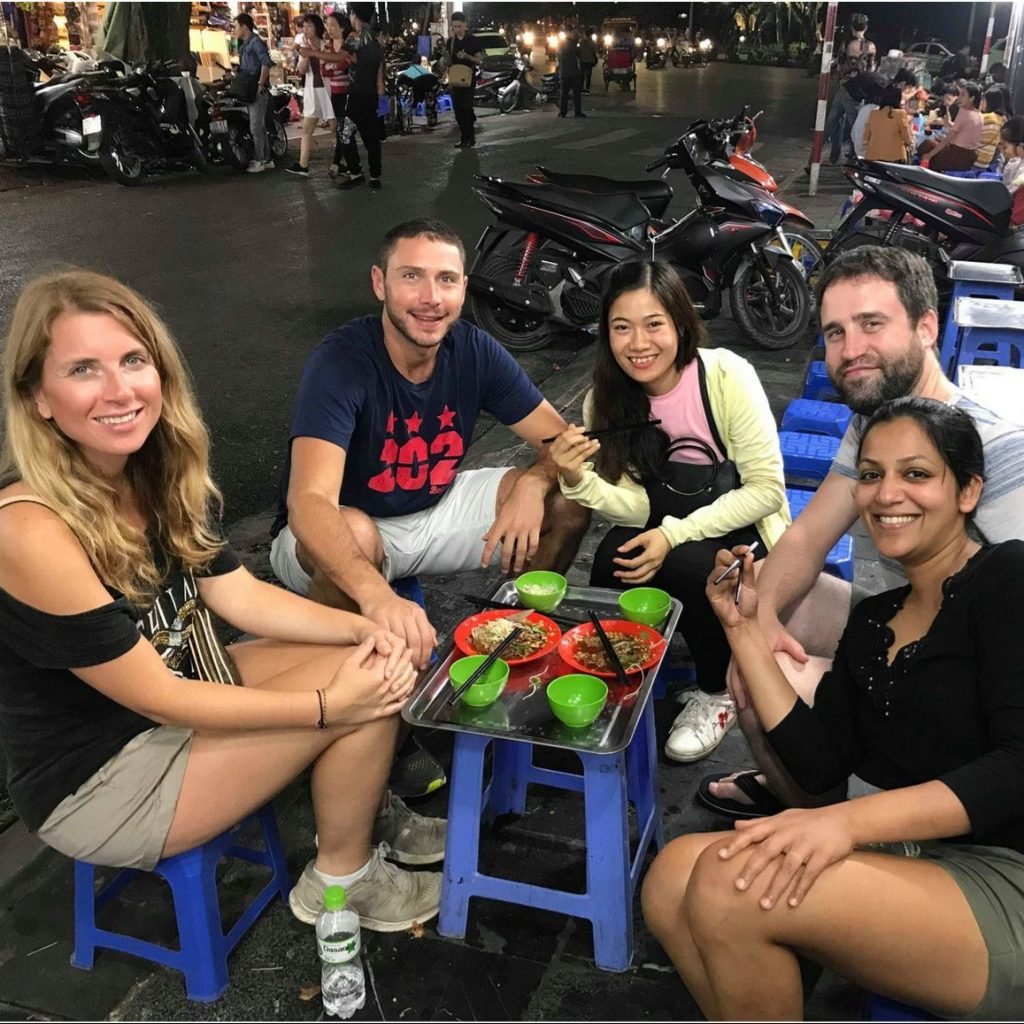

Understanding local culture is key to safety. Learn the essentials in our guide to respectful and safe travel in Vietnam.
2. Handle Conflicts Privately
If disagreements arise, address them discreetly to avoid public embarrassment.
3. Use Positive Reinforcement
Acknowledging others’ efforts and achievements helps build goodwill and maintain positive relationships.
4. Be Mindful of Body Language
Non-verbal cues, such as a warm smile or a respectful bow, contribute to positive interactions and saving face.
5. Learn Basic Vietnamese Etiquette
Understanding common Vietnamese social customs, like greetings and gestures, demonstrates respect for local culture. For more information, please check out Understanding Vietnamese Culture: A Guide for First-Time Visitors.
The Role of Face in Vietnamese Society
Promoting Harmony
The Vietnamese concept of face, which emphasizes honor, dignity, and respect, helps maintain social harmony by encouraging people to avoid conflict and preserve mutual respect. Furthermore, understanding this concept is essential for successful interactions with Vietnamese people.
Strengthening Community Bonds
By prioritizing group well-being over individual interests, saving face fosters a strong sense of community and interconnectedness.
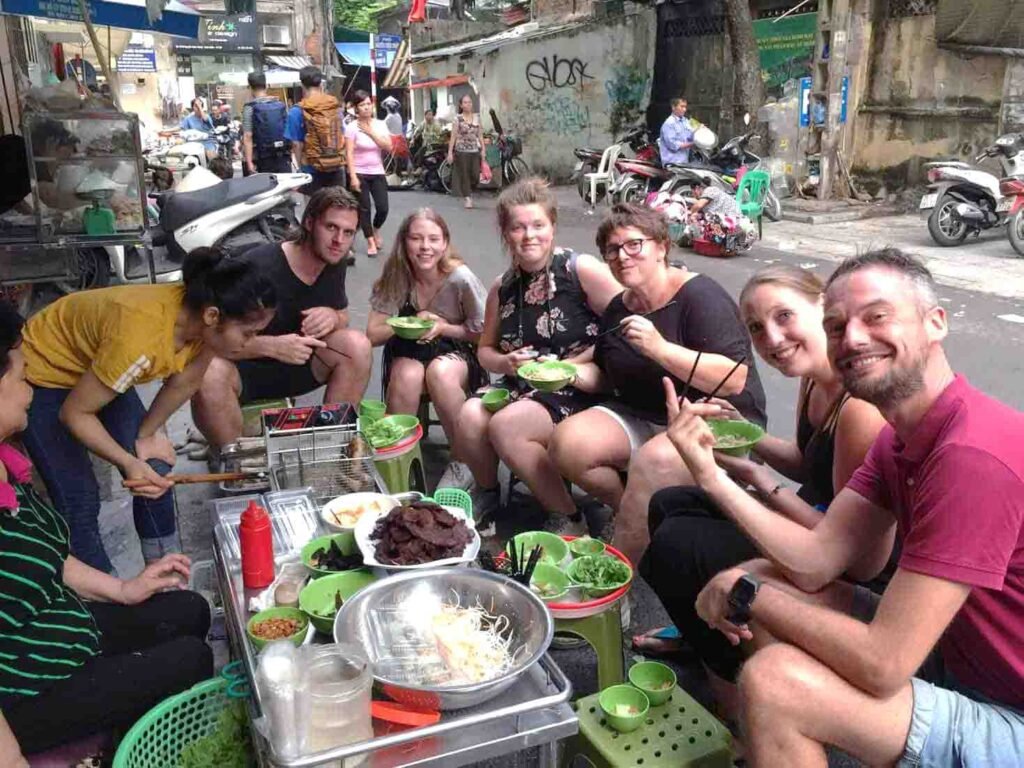

Encouraging Diplomacy
Face-oriented interactions promote diplomacy and tact, reducing the likelihood of misunderstandings or hostility.
🇻🇳 Experience the vibrant atmosphere of Vietnamese festivals!
FAQs
- What does the Vietnamese concept of face mean?
It refers to an individual’s social image, reputation, and dignity, which are vital for maintaining respect and harmony. - How does saving face affect communication in Vietnam?
Saving face encourages indirect communication to avoid confrontation and preserve relationships. - Why is saving face important in Vietnamese Culture?
It reflects core values like respect, harmony, and collectivism, which are central to Vietnamese social customs. - How can foreigners avoid causing loss of face in Vietnam?
By showing respect, avoiding public criticism, and communicating tactfully, foreigners can navigate social interactions smoothly. - What challenges does the concept of face face in modern Vietnam?
Modernization and exposure to Western values challenge traditional notions of face, especially among younger generations.
Conclusion
The Vietnamese concept of face is a complex but fascinating aspect of the nation’s culture. It influences how people communicate, interact, and maintain relationships, both personally and professionally. Understanding the delicate art of saving face in Vietnam not only enhances one’s appreciation of Vietnamese social etiquette but also fosters deeper connections with its people. Whether you’re visiting Vietnam or working with Vietnamese counterparts, mastering the balance of face will ensure your interactions are respectful and harmonious.
Experience Vietnam like never before with Sun Getaways Travel. Our all-inclusive trips cover every detail, from accommodations and transportation to unforgettable experiences, depending on your interests (Our Customized Private Tour for each customer to Vietnam 🇻🇳). Ready to embark on your next adventure?
Ask a question
Leave a Comment (0)
No questions yet. Be the first to ask a question!

